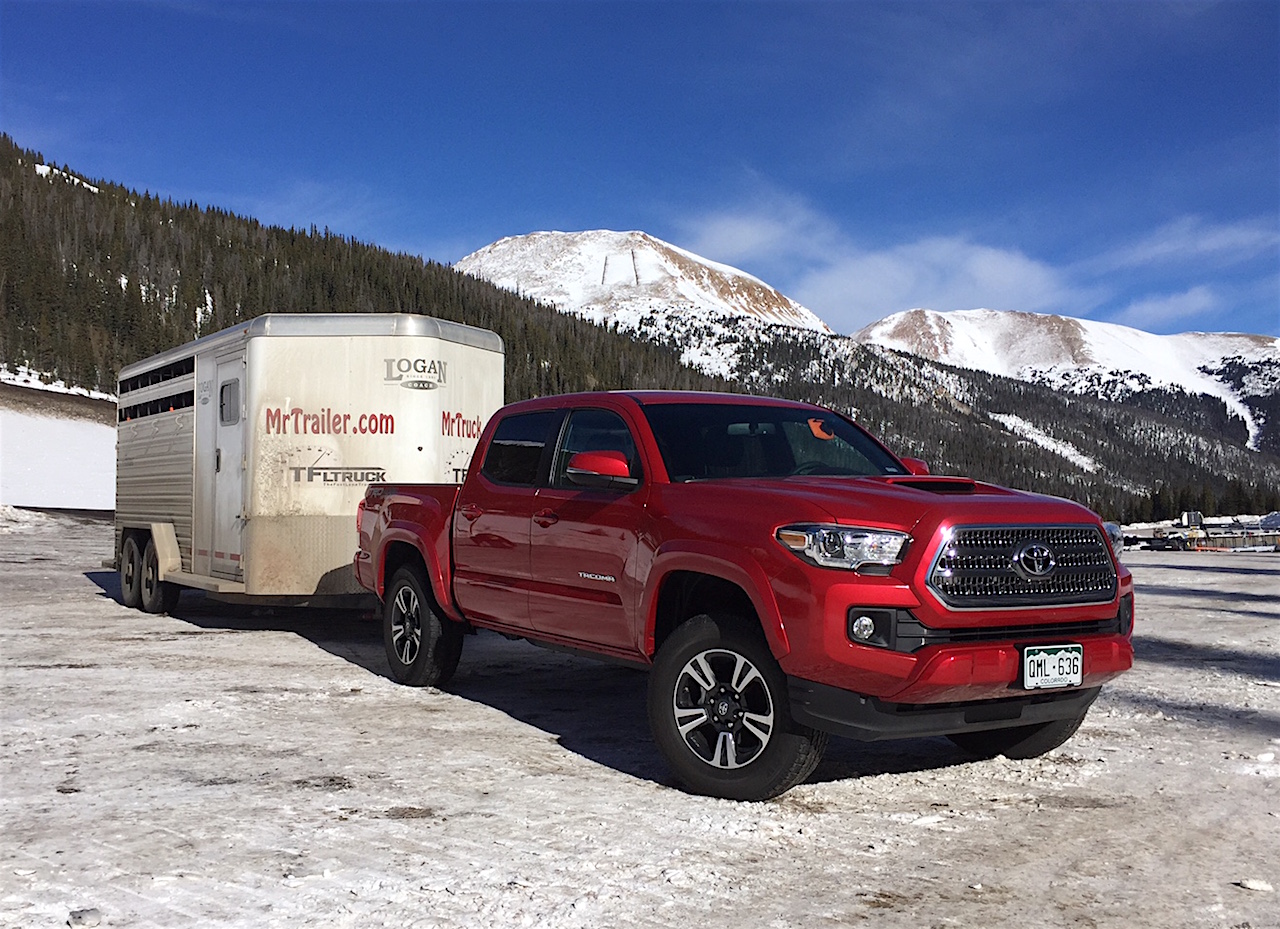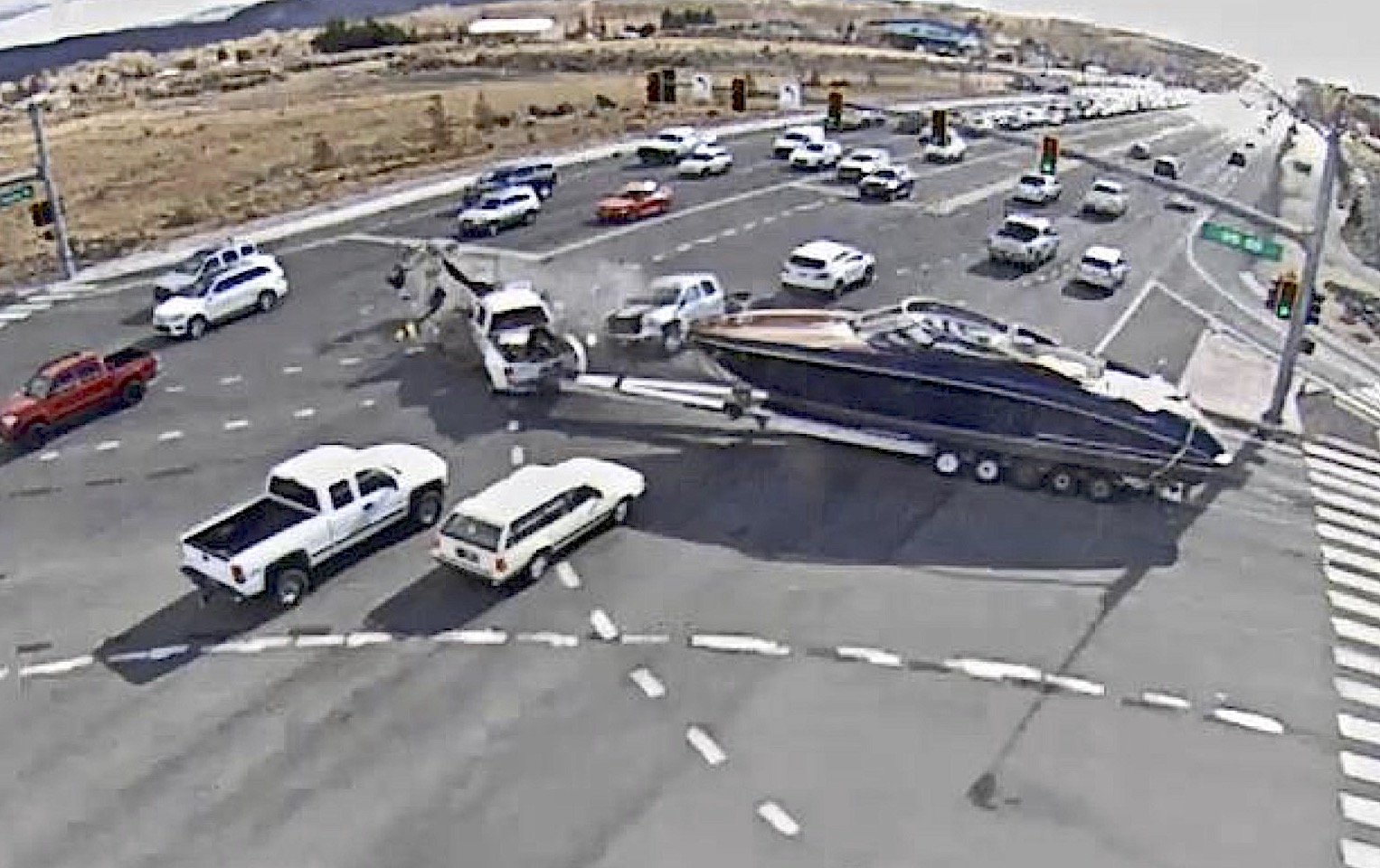I get the GVWR isn't a legal limit for the owner. However, and I have been involved in an insurance case that used GVRW, it is THE number that will be used by insurance companies and the courts to determine if a vehicle being overweight is a factor in a collision. Why? Because its considered the standard set by the manufacturer and is what, in theory anyways, the weight that the rest of the vehicle components are designed around -- brakes, steering, frame etc. The case I referenced involved a 1 ton dually pickup carrying a load of rock and lumber and the truck ran into another vehicle killing a passenger. An engineer from Ford testified that they design vehicle components around the GVRW which has a fudge factor built into it so being a little overweight (a "little" was never specified) is not really an issue. In this case, it was determined that the vehicle was overloaded by about 2000 pounds which dramatically affected braking and steering. The criminal charges were dropped but the insurance company that insured the truck successfully rejected the claim and the driver was sued for multi-millions which was settled out of court for less. The independent accident investigator testified that the brakes failed and front steering and suspension parts collapsed when the load shifted on impact. The driver's attorney argued that the parts were defective but the Ford engineer, after examining the truck, testified under oath, that the parts weren't defective - they just were not designed to panic stop a vehicle with that much weight. So absent a standard like GVRW, there would be no way to determine if a vehicle is overweight or not. Did it protect Ford from liability in this case - you bet because it wasn't Ford's fault. It was the driver/owner who overloaded it.
The "very specific circumstance" of both carrying a 2600 lb load above their curb weights, and a panic stop from 70 mph. The Tacoma has a big "headstart" with a stopping distance of 180 ft vs 229 ft at curb weight. Even if you assume that the Tacoma is brake limited at >GVWR, it still stops quicker. If you put larger diameter tires on the Tacoma and it's brake limited, it would be a little worse. There isn't much in it."
Sure it stops quicker but if its overloaded and hits another vehicle, does it matter? I've owned several Tacomas and the difference in the braking system between it and my 1 ton Ram are night and day -- bigger rotors and calipers and much beefier support. Some mechanic signing off that the vehicle is fine overloaded might give the owner peace of mind but it wont matter if he is held liable. And my bet is if the insurance underwriters were aware of it, they'd have a huge issue with it given how risk adverse they typically are. And that assumes he told his insurance company - if he didn't, thats fraud and whole other set of issues.







